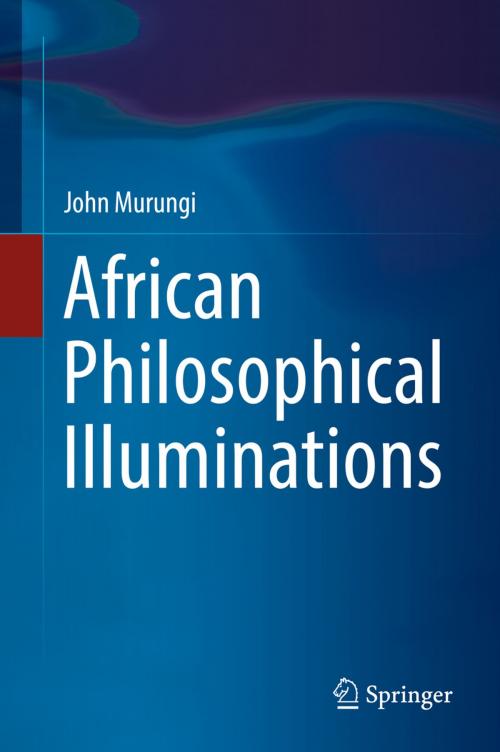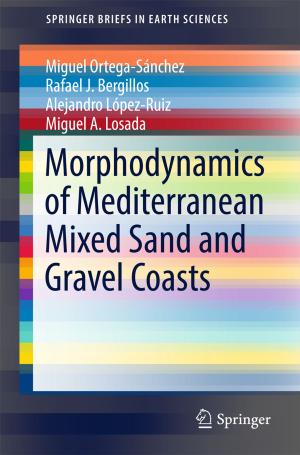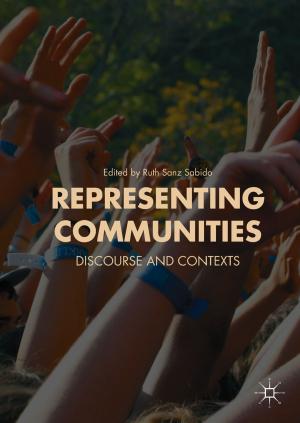African Philosophical Illuminations
Nonfiction, Religion & Spirituality, Philosophy, Modern, Social & Cultural Studies, Social Science| Author: | John Murungi | ISBN: | 9783319525600 |
| Publisher: | Springer International Publishing | Publication: | March 21, 2017 |
| Imprint: | Springer | Language: | English |
| Author: | John Murungi |
| ISBN: | 9783319525600 |
| Publisher: | Springer International Publishing |
| Publication: | March 21, 2017 |
| Imprint: | Springer |
| Language: | English |
The illumination of African philosophy offered in this volume leads to the illumination of philosophy in general. Illuminating arises as an essential task of philosophy, whether African or not. What is illuminated is not already there, but is constituted at the moment of illumination. This book invites the reader to participate in the illuminating work of philosophy and necessarily, thereby, to contribute to his or her own self-constituting self-illumination. Although the focus is on African philosophy, the book also bridges the gap between African philosophy and other branches. Today more than ever, a bridging philosophy is called for, and this book helps to meet that need.
This book poses philosophical questions such as who is an African and what Africa is, and seeks philosophical answers. In doing so, it contributes to the ongoing discourse on African philosophy. It addresses such issues as the African grounding of philosophy, the difference between African and Black philosophy, the African body, African art as expressed in and by Chiwara, the plight of African trees as the plight of Africans, and the symbolic meaning of Robben Island.
The illumination of African philosophy offered in this volume leads to the illumination of philosophy in general. Illuminating arises as an essential task of philosophy, whether African or not. What is illuminated is not already there, but is constituted at the moment of illumination. This book invites the reader to participate in the illuminating work of philosophy and necessarily, thereby, to contribute to his or her own self-constituting self-illumination. Although the focus is on African philosophy, the book also bridges the gap between African philosophy and other branches. Today more than ever, a bridging philosophy is called for, and this book helps to meet that need.
This book poses philosophical questions such as who is an African and what Africa is, and seeks philosophical answers. In doing so, it contributes to the ongoing discourse on African philosophy. It addresses such issues as the African grounding of philosophy, the difference between African and Black philosophy, the African body, African art as expressed in and by Chiwara, the plight of African trees as the plight of Africans, and the symbolic meaning of Robben Island.















